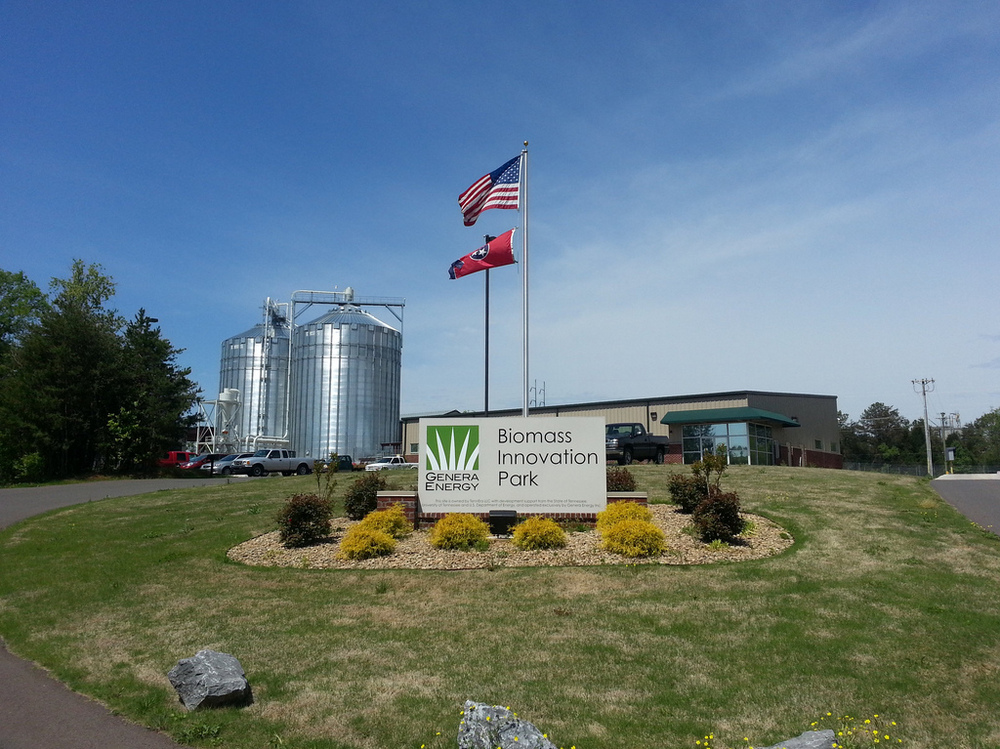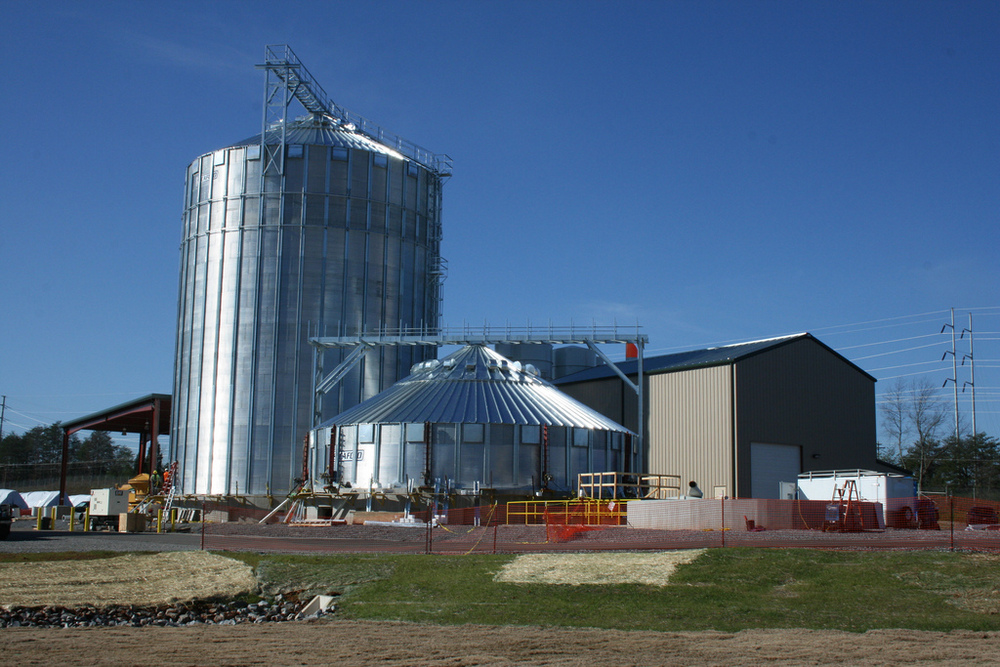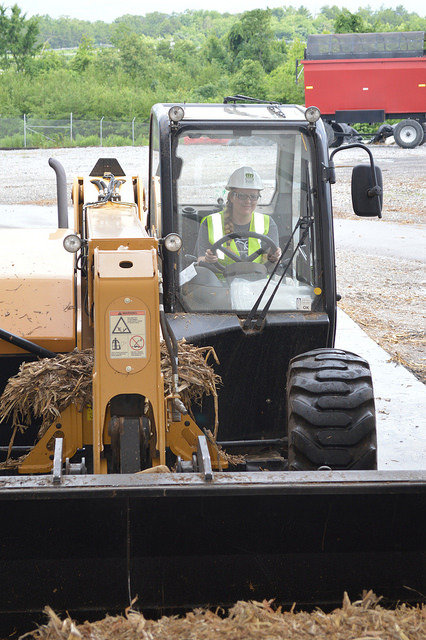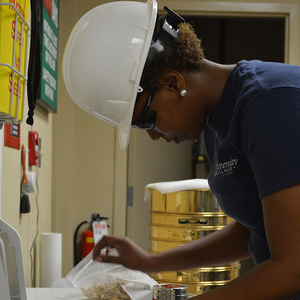Genera, partners collaborate for advancement of advanced biofuels





Genera Energy Inc.
June 19, 2014
BY Katie Fletcher
Genera Energy Inc., a recognized innovator in sustainable biomass feedstock supply advancements and supply chain improvements, partners with academic and industrial institutions with the goal of demonstrating the production of advanced biofuels from sustainable sources of lignocellulosic biomass. “The ultimate goal is to reduce the risk for the industry to move into the Southeast,” said Tim Rials, director of the Center for Renewable Carbon at the University of Tennessee. “It’s a multi institutional team that is targeting the practical issues and big challenges of deploying in the advanced biofuels industry in the Southeast.”
The collective, southeastern partnership, called Integrated Biomass Supply Systems, was created in response to a request for proposals from the USDA’s Agriculture and Food Research Initiative for Regional Coordinated Agricultural Projects in 2010. IBSS is funded by a $15 million grant over 5 years from the USDA’s National Institute of Food and Agriculture. “This is one of several, large coordinated Ag projects through NIFA that has been funded in the area of biomass and bioenergy,” Rials said.
Advertisement
Advertisement
IBSS partners include Genera, the Center for Renewable Carbon program at the University of Tennessee Institute of Agriculture, North Carolina State University, Auburn University, the University of Georgia, ArborGen Inc. and Ceres Inc. “From the perspective of the industry side, since we are a developing industry, having partners like the IBSS universities with USDA support gives us the ability to leverage resources across all of the institutions; helping us to come together to solve problems,” said Sam Jackson, vice president of business development with Genera Energy. “I think it really accelerates the development of the industry overall.”
Another component of the partnership is an internship program that hopes to provide an environment where next generation industry leaders can train and learn about innovative biomass feedstock supply chain solutions. Two summer interns were selected this year from Auburn University, Alexus Brown, a senior majoring in ecological engineering and Mary Catherine Rubisch, a senior majoring in biosystems engineering.
Both Jackson and Rials see the need for an internship program because of the new, developing industry. “There is a real need to build a curriculum for students and be able to attract some of the talented and bright students that are out there within our universities to build awareness about this emerging industry, and help them experience the diversity and options that might be available to them when looking at career options,” Rials said.
Advertisement
Advertisement
Each intern is working this summer at Genera on individual projects, as well as immersing themselves in everything a biomass supply chain service company does. Rubisch is testing storm water running through stored switchgrass bales for potential pollutants or contaminants, and Brown is creating a data analysis and pre-processing plan for Genera amongst other tasks. “We were both interested in expanding our knowledge, and taking what we are learning in our classrooms to the field,” Rubisch said.
The partnership will leverage a series of ongoing projects already in development by the partners, focused on feedstock development, production, harvesting and logistics, systems evaluation and sustainability, biorefinery conversion and product distribution. These activities collectively have estimated research and resource value in excess of $150 million. “The partnership is helping us really address the challenges across the board in the feedstock supply chain,” Rials said.
Related Stories
The U.S. EPA on July 8 hosted virtual public hearing to gather input on the agency’s recently released proposed rule to set 2026 and 2027 RFS RVOs. Members of the biofuel industry were among those to offer testimony during the event.
The USDA’s Risk Management Agency is implementing multiple changes to the Camelina pilot insurance program for the 2026 and succeeding crop years. The changes will expand coverage options and provide greater flexibility for producers.
EcoCeres Inc. has signed a multi-year agreement to supply British Airways with sustainable aviation fuel (SAF). The fuel will be produced from 100% waste-based biomass feedstock, such as used cooking oil (UCO).
The USDA’s National Agricultural Statistics Service on June 30 released its annual Acreage report, estimating that 83.4 million acres of soybeans have been planted in the U.S. this year, down 4% when compared to 2024.
SAF Magazine and the Commercial Aviation Alternative Fuels Initiative announced the preliminary agenda for the North American SAF Conference and Expo, being held Sept. 22-24 at the Minneapolis Convention Center in Minneapolis, Minnesota.
Upcoming Events










